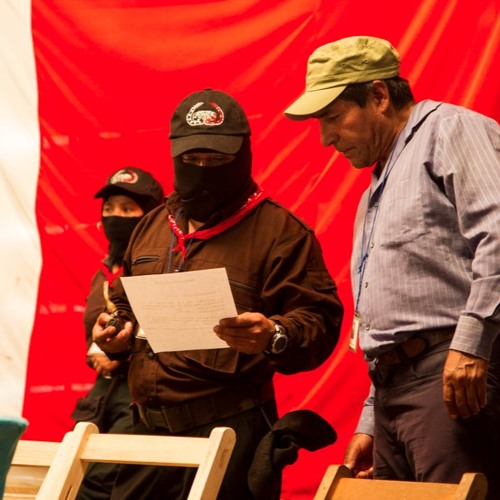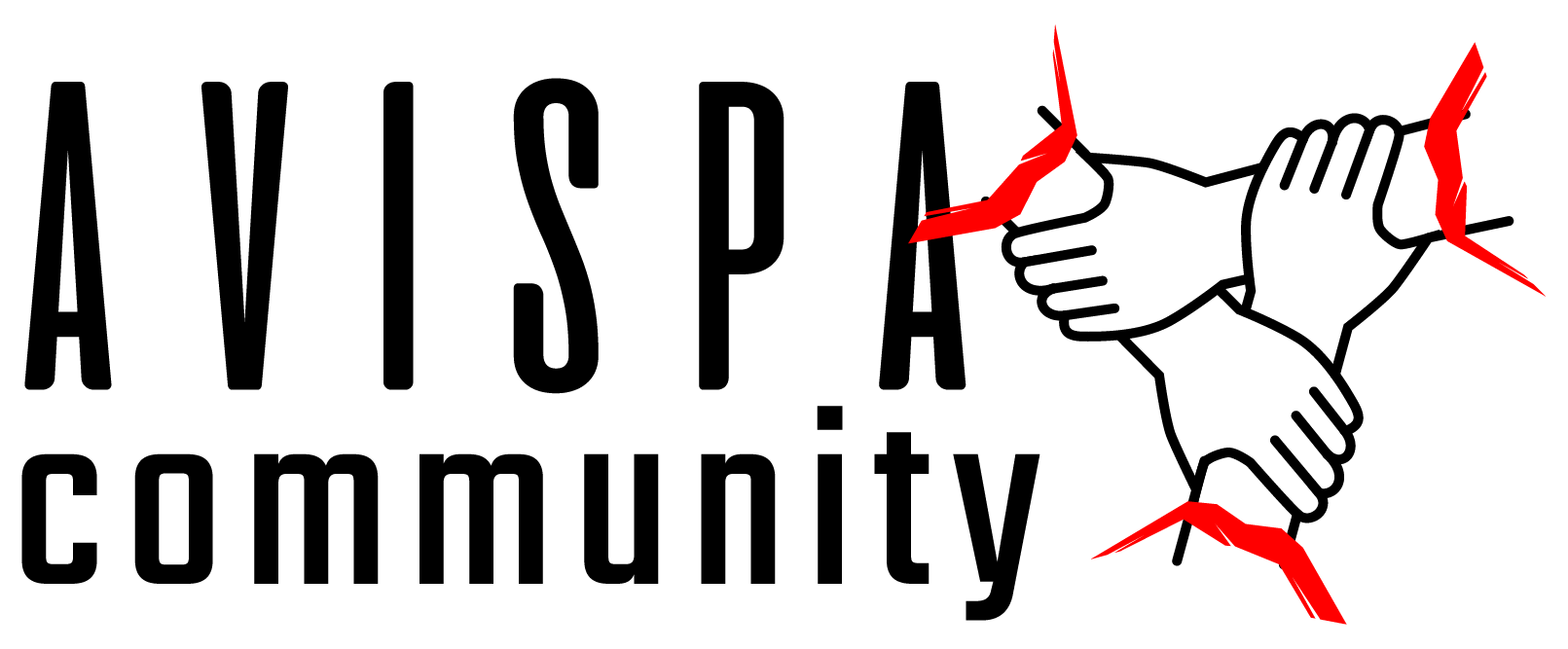Oventik Caracol 2018. Jacinto participating in the assembly which named Maria de Jesús Patricio as spokesperson for the CNI-CIG. Photo by Santiago Navarro F
He was always willing to offer his solidarity to anyone, without hesitation, in exchange for nothing. His humility characterized him. He didn’t only believe that change was necessary, but that it was also urgent. He was known as Jacinto among those closest to him; his compañeros and compañeras with whom he shared the utopia that a better world is possible. Today, on a Thursday just like any other, death took him; a death that seeks to be silenced, but that escapes from its cocoon, converting into a murmur of the teachings that he left, among other unknown people like him.
Jacinto was 67 years old. His real name was Marino Ramírez Pacheco. He was a Zapotec from the southern sierra mountains of Oaxaca, where he also left his mark among the people. He was part of the National Indigenous Congress (CNI). Not long before his death, we had a chance to get together. We talked about different things, among them, he showed his concern for the children being killed in Palestine. He also showed excitement for the new initiatives recently launched by the Zapatista Army of National Liberation (EZLN). Above all, he was excited about the idea of the no-property of the earth, to which we will all return.
His heart was strong and lively, always ready to continue opening up pathways in the consciousness of the people, reminding us that the set of crises we are living is the “product of the bestiality of the capitalist system,” he explained. He didn’t have any schooling, but he knew how to read and write. Although technology had left him behind, he was always trying to stay informed.
Jacinto was a campesino and construction worker. He was also a builder of dreams. “He was always passionate about his political activities. He was always very conscious of what was happening,” shares his life partner, Maura Pacheco, who together with his three children, Emiliano, Sergio, and Estrella, today mourn Jacinto’s passing.
Jacinto’s compañera was worried that nobody would remember him and that his loss would go unnoticed on a Thursday just like any other, and with that perhaps the pathways he opened up would once again be covered in grass. “But the words of solidarity began to arrive and the weight of his loss was alleviated knowing that among the pathways there are people,” she said via telephone.
The deceased will be buried where he lived his last years, in Tuxtepec, Oaxaca. There, the land will again cover him, and with certainty, his words will continue walking through our memories. And perhaps someone will continue opening up pathways of utopia which are so urgent in these contemporary times when everything seems in collapse.



